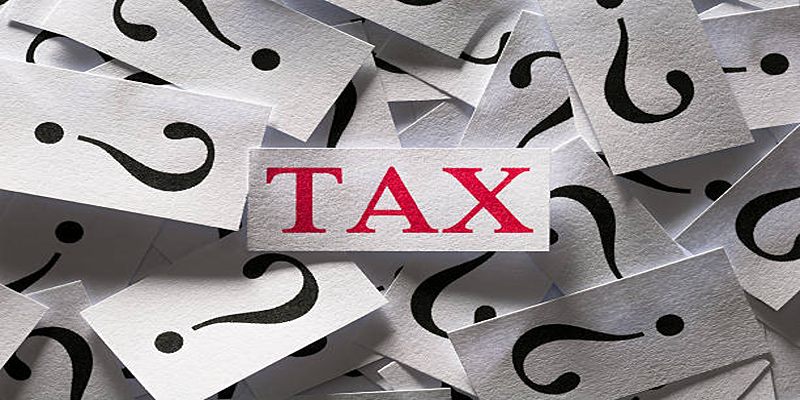Businesses face a myriad of risks in their daily operations, many of which have the potential to result in significant financial loss. To mitigate these risks, various forms of insurance are available, including General Liability and Professional Liability coverages. While both offer protection, their scopes differ considerably. General Liability Insurance protects businesses against claims of bodily injury or property damage, typically resulting from normal business operations. On the other hand, Professional Liability Insurance, also known as Errors and Omissions Insurance, guards against claims arising from professional advice or services. This article aims to provide a comparative analysis between these two types of insurance, shedding light on their distinctions, overlaps, and suitable applications to guide businesses in making informed decisions.
Understanding General Liability Insurance

General Liability Insurance covers risks associated with the general operations of a business. This type of insurance protects businesses against claims made by third parties for bodily injury, property damage, or personal and advertising injury. These claims may arise from accidents occurring on business premises or as a result of products or services offered by the business.
Coverage Details
General Liability Insurance usually includes three main types of coverage: bodily injury and property damage, personal and advertising injury, and medical payments.
- Bodily Injury and Property Damage Coverage: This covers the costs of claims for physical harm or damage to someone else's property caused by the business's operations, products, or services.
- Personal and Advertising Injury Coverage: This protects businesses against claims arising from non-physical injuries, such as slander or copyright infringement.
- Medical Payments Coverage: This covers the medical expenses of individuals who are injured on business premises, regardless of who is at fault.
Suitable Businesses
General Liability Insurance is essential for businesses that interact with customers or clients in physical spaces. It provides coverage for risks that may arise from everyday operations and protects businesses from potentially costly legal claims.
Understanding Professional Liability Insurance
Professional Liability Insurance covers risks associated with the provision of professional services or advice. These services may include consulting, counseling, designing, and other specialized services that require a certain level of expertise. This type of insurance protects businesses against claims made by clients for financial loss resulting from errors, omissions, or negligence in professional services.
Coverage Details
Professional Liability Insurance usually includes two main types of coverage: errors and omissions, and legal defense costs.
- Errors and Omissions Coverage: This covers claims related to mistakes made by the business in providing professional services or advice.
- Legal Defense Costs: This covers the costs of defending against claims, including legal fees, court costs, and settlements.
Suitable Businesses
Professional Liability Insurance is essential for businesses that provide professional services or advice, such as lawyers, accountants, architects, and engineers. It provides coverage for risks that may arise from the specialized nature of these services and protects businesses against potentially costly legal claims.
Key Differences between General Liability and Professional Liability Insurance
While both General Liability and Professional Liability Insurance offer protection against potential financial loss, there are some key differences between the two.
Scope of Coverage
The most significant difference between these two types of insurance is the scope of coverage. General Liability Insurance covers risks associated with the general operations of a business, while Professional Liability Insurance specifically covers risks associated with the provision of professional services or advice.
Types of Claims Covered
Another notable difference is the types of claims covered. General Liability Insurance protects businesses against claims for bodily injury, property damage, and personal or advertising injury. In contrast, Professional Liability Insurance covers claims for financial loss resulting from errors or omissions in professional services.
Application to Different Businesses
The suitability of these two types of insurance also differs depending on the type of business. General Liability Insurance is essential for businesses that interact with customers or clients in physical spaces, while Professional Liability Insurance is crucial for businesses that provide professional services or advice.
Cost Differences
Due to the varying scopes of coverage and types of claims covered, the cost differences between General Liability and Professional Liability Insurance can be substantial. Generally, Professional Liability Insurance tends to be more expensive due to the higher risks associated with specialized services.
Making Informed Decisions

It is essential for businesses to assess their specific risks and needs before choosing between General Liability and Professional Liability Insurance. While both types of insurance offer protection, they cater to different areas of risk. Businesses should carefully consider the scope of their operations, services provided, and potential liabilities before deciding on an insurance policy that best fits their needs.
Consultation with Insurance Professionals
When in doubt, it is always advisable to consult with insurance professionals who can provide expert advice and guidance. They can assess the specific risks of a business and recommend suitable coverage options to ensure comprehensive protection from potential financial loss.
Consider Combined Coverage
In some cases, businesses may benefit from having both General Liability and Professional Liability Insurance. This combined coverage provides broader protection against various types of risks and potential legal claims. Insurance professionals can assist businesses in determining the most suitable coverage options for their specific needs.
Conclusion
Protecting a business from potential financial loss is crucial, especially when operating in a fast-paced and ever-changing business landscape. By understanding the differences between General Liability and Professional Liability Insurance, businesses can make informed decisions on which type of insurance best suits their needs. It is essential to carefully assess risks, consult with insurance professionals, and consider combined coverage options for comprehensive protection against potential liabilities. With adequate insurance coverage in place, businesses can focus on their operations and provide the best products or services to their customers without the fear of financial loss from unforeseen circumstances.







